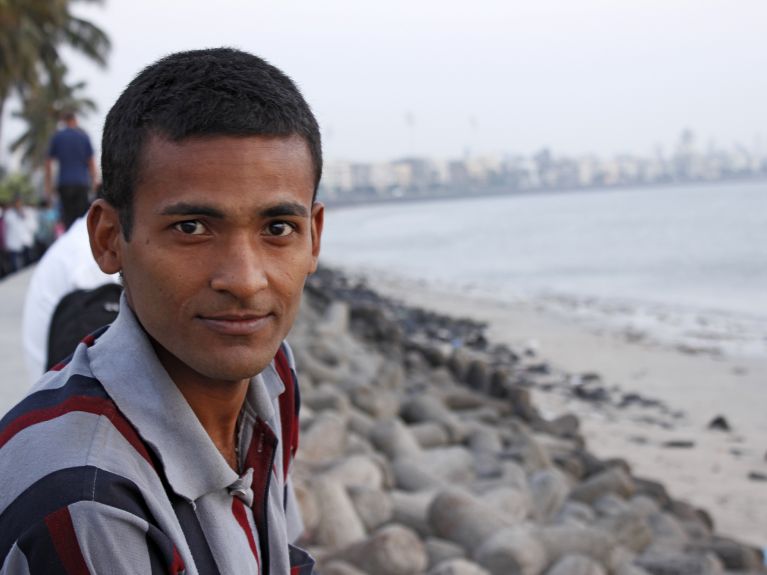Protecting migrants’ rights
At a meeting in Mexico, politicians from all over the world are working on a pact for migration. Germany is contributing important ideas.

No international refugee protection applies to millions of migrants, e.g. migrant workers. A new international regulatory framework, the Global Compact for Migration, aims to strengthen their rights. Work on this project is entering the next round at a meeting in Mexico. Germany is playing an important role in this context. In 2017/2018, it is sharing the presidency of the Global Forum on Migration and Development (GFMD) with Morocco. Interview with Maria Margarete Gosse, Federal Foreign Office Commissioner for Legal and Consular Affairs, including Migration Issues.
How far have we come along the road to a global pact on migration?
In the New York Declaration for Refugees and Migrants adopted in September 2016, the UN General Assembly decided to negotiate on two global pacts: one on refugees and one on migration. The migration pact aims to form the basis for comprehensive global cooperation and to deal with all aspects of international migration. Up to October 2017, there were numerous consultations on issues like human rights, the causes of migration, international cooperation, sustainable development, human trafficking, legal migration and the mobility of labour. Input from these meetings is to be coordinated at a conference in Mexico in early December 2017, after which a first draft of the pact will be drawn up. This will serve as the basis for negotiations until December 2018, when the document is to be adopted at a conference.
The pact aims to facilitate orderly, safe and responsible human migration and mobility.
What is Germany’s contribution?
We promote Germany’s priorities and perspectives in meetings and exchanges with civil society and international organizations. Important points for us are the reduction of irregular migration, the strengthening of existing legal immigration routes, respect for the right to asylum, better cooperation between countries, mechanisms for monitoring the success of the pact, and the status of the document itself. The pact is intended to be a strong political statement of intent by all states to facilitate orderly, safe and responsible human migration and mobility through partnership-based cooperation between states.
What role is being played by the Global Forum on Migration and Development with its German-Moroccan Presidency in 2017/2018?
The GFMD wants to move the agreement forward via models of global understanding, for example in the context of migration partnerships. Indeed, the Forum has made a substantial contribution to the pact, which represents more than a decade of GFMD discussions and partnerships in various regions of the world. The Forum could continue to serve as a platform for exchange and partnership between states, civil society and the private sector after the document has been adopted. It would make it possible to implement the pact in a way that includes the whole of society.
Interview: Helen Sibum
